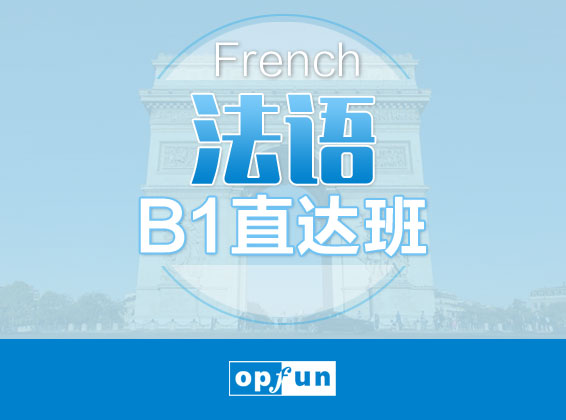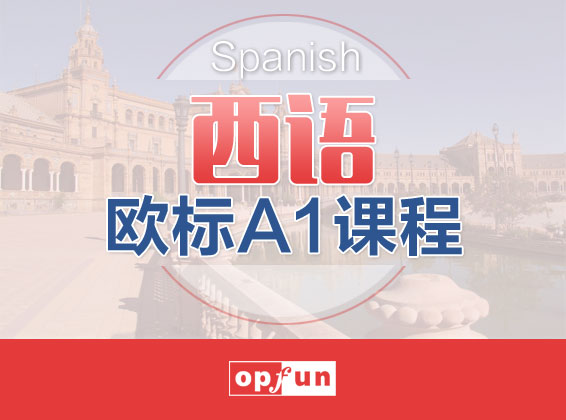|
意大利語(yǔ)語(yǔ)法是意大利語(yǔ)學(xué)習(xí)中的難點(diǎn),語(yǔ)法掌握不好,就無(wú)法準(zhǔn)確流利地使用意大利語(yǔ)。今天意大利語(yǔ)培訓(xùn)小編就帶大家一起來(lái)看一看意大利語(yǔ)疑問(wèn)代詞。 Sometimes interrogatives replace nouns altogether, and act as interrogative pronouns that introduce a question. They are:
Chi? is invariable and used exclusively when referring to people: Chi ha parlato? Di chi stai ridendo? The gender of the pronoun chi is usually recognized in context or by the agreement of the adjective or participle. Chi hai salutato per prima/primo? Che? or che cosa? refers only to a thing and has the significance of quale/i cose? Che (che cosa) vuoi? Che cosa desideri di più dalla vita? Che often appears in the interrogative phrase che cosa? (what/which thing?), though sometimes one of these two words may be dropped. The following three phrases are all equally correct: Che cosa bevi? (What are you drinking?) Che dici? (What are you saying?) Cosa fanno i bambini? (What are the children doing?) Quale? is used to indicate people, animals, or things. It expresses "What is...?" when the answer involves a choice, or when one requests information such as a name, telephone number, or address. Quale? is invariable in gender. Quale di voi ha studiato a Parigi? Quale vuoi conservare di queste due fotografie? Interrogative Prepositions In Italian, a question never ends with a preposition. Prepositions such as a, di, con, and per always precede the interrogative chi (who). A chi scrivi? (To whom are you writing?) Di chi sono queste chiavi? (Whose keys are these?) Con chi escono stasera? (Who(m) are they going out with tonight?) (責(zé)任編輯:admin) |
|||||||||||||||
文中圖片素材來(lái)源網(wǎng)絡(luò),如有侵權(quán)請(qǐng)聯(lián)系刪除






